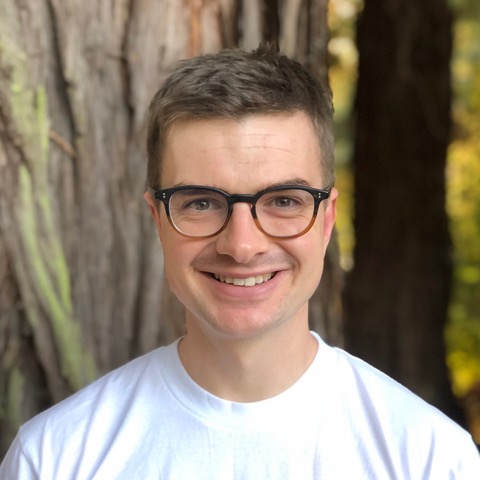
Department Seminar: Mark England
Title: Using Earth System Models to isolate the climate response to different anthropogenic forcing agents in the context of Arctic climate change
Abstract: In this talk, I will demonstrate how targeted experiments with large ensembles of comprehensive climate model simulations can be used to isolate the role of anthropogenic forcing agents such as carbon dioxide, methane, aerosols and ozone-depleting substances, specifically with regards to Arctic climate change. In the first example, I will explore how the climate response to aerosols, combined with the specific realization of internal climate variability, led to a lack of Arctic Amplification throughout much of the 20th century, despite moderate levels of global warming. Our results show that the disruption of Arctic Amplification was due to a combination of factors unique to the 20th century, unlikely to recur over the coming century. In the second example, I will showcase the near-term Arctic climate benefits of the Montreal Protocol, a policy intervention designed to preserve the stratospheric ozone layer over the opposite pole. Using counterfactual 'World Avoided' simulations, I will demonstrate that the regulation of production and consumption of ozone-depleting substances has delayed the occurrence of the first ice-free Arctic summer by approximately a decade. Lastly, I will discuss the MethaneMIP international modeling project which I lead, that investigates the near-term climate and health impacts of methane mitigation. I will outline the modeling protocol, explain how this project advances our state-of-the-art knowledge and capabilities, and detail the scientific and policy partnerships which will be crucial for MethaneMIP’s success. Going forward, I plan to expand my research programme into other innovative uses of Earth System Models such as with targeted simulations designed to efficiently simulate extremely rare climate events, as applied to such cases as the recent rapid decline in Antarctic sea ice and record shattering polar heatwaves.
